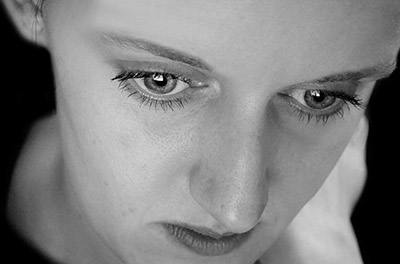Are you aware of the studies which show how lifestyle factors are affecting fertility? If not, you should keep on reading as this article will look at the effects of caffeine, smoking and alcohol on fertility.
Caffeine and Fertility
This can be found commonly in coffee, chocolate, tea, certain soft drinks, as well as several over the counter medications. It is said that women should not drink too much as it can impair their fertility. Studies show that caffeine could change hormone levels and this will have an effect on ovulation and the function of the corpus luteum. There is also a link to much higher levels of early follicular E2 and delayed conception or pregnancy. Apart from prolonging the time that a woman would take to get pregnant, the high levels of caffeine can affect the general health of a growing fetus, even though the mechanism is not clear.
If you are drinking over 300mg of caffeinated beverages daily, you will be two times as likely to have pregnancy delayed for one year or even more. Some experts are saying that drinking about 500mg of caffeine or over 5 cups of coffee daily is linked to lower fertility. In addition to that, drinking coffee before pregnancy and during has been associated with more than two times the risk of miscarriage if a woman consumed 2 to 3 cups of coffee daily.
At this point, it is worthwhile to mention that even though some studies show a positive connection between the time that you would get pregnant and caffeine consumption, the results are not consistent and must be interpreted with some caution. Moderate consumption of caffeine seems to be fine as it is suggested that you could have 1 or 2 cups daily. The best advice for you is to drink 200-250mg of caffeine daily if you don’t want to give up your coffee, chocolate or soda drinks.
Smoking and Fertility
According to many studies, smoking cigarettes can have adverse effects on female and male fertility. If you are a woman who smokes, you are more likely to become infertile. Smoking will affect how receptive your uterus is to an egg as well as decrease your ovarian reserve and how your body responds to ovulation induction treatments. The components in the cigarette smoke have shown to impede on the ovary cells ability to make estrogen and cause eggs to become more susceptible to genetic abnormalities.
Additionally, maternal smoking will increase the risk of birth defects and low birth weight. This is why the experts are strongly suggesting that women should quit smoking before getting pregnant. Miscarriage is more likely to occur if a woman is smoking during pregnancy. If you are one of those women who started to smoke 1 to 2 packs of cigarettes daily from your teenage years, then you will have a greater risk to suffer from infertility. Aside from those things, you will reach menopause earlier as a smoker and could take much longer to get pregnant if you are exposed to smoking.
In men, smoking can damage DNA and lower sperm production. When males smoke heavily, say more than 20 cigarettes daily, at the time of conception, this will increase the risk for the child to develop leukemia as well as shorten their daughter’s reproductive life span.
Alcohol and Fertility
There is no clear indication as to the risk involved in the level of alcohol consumption, but it has been shown to affect both female and male fertility. Studies show that women who drink high amounts of alcohol can cause serious harm to their unborn child. Some researchers found that fertility is decreased by about 60% in females who drink two alcoholic beverages daily. Even moderate intake of alcohol of about five drinks weekly can affect your fertility and impair the development of the fetus during pregnancy.
There is actually no evidence to indicate that moderate consumption can affect your fertility adversely, but you should avoid drinking completely when you are pregnant. The risk for severe birth defects will increase if you are drinking during pregnancy.
The levels by which alcohol consumption could impair male fertility are not clear, but it can affect the sperm quality, lower libido, and lead to impotence.
Note that both female and male alcohol consumption can decrease the chance of live birth and increase the risk of miscarriage.
Suggestions
You are recommended to limit your caffeine intake to one to two cups of coffee daily if you are trying to get pregnant; to quit smoking, and to avoid alcoholic drinks if you are pregnant or trying to conceive. If both you and your partner smokes, it is important to get information from a health professional about all the risks involved.
Hopefully, this information has helped you to better understand the effects of caffeine, smoking and alcohol on fertility. Just remember that your fertility can be affected adversely by high levels of caffeine and alcohol consumption. Smoking, whether actively or passively, can reduce female and male fertility as well as harm the growing baby. These lifestyle habits can be modified to promote fertility, so it is important to take the step in the right direction to make healthy changes, especially if you are planning to start a family.



